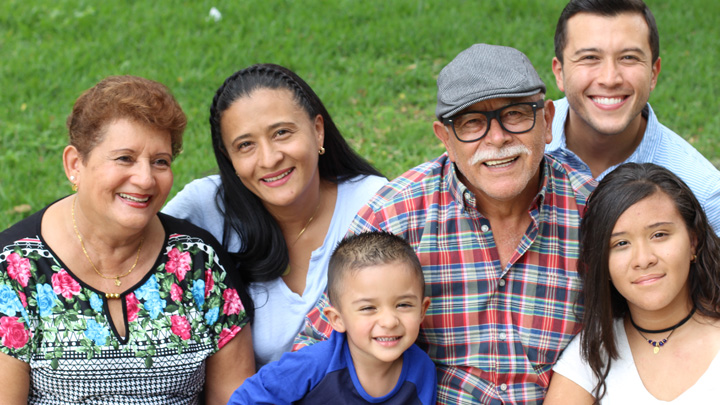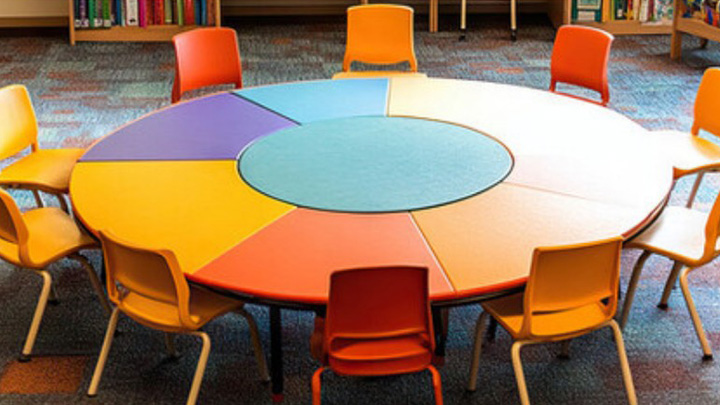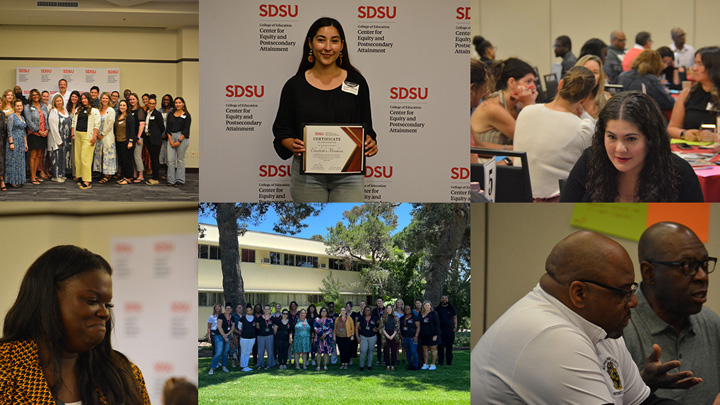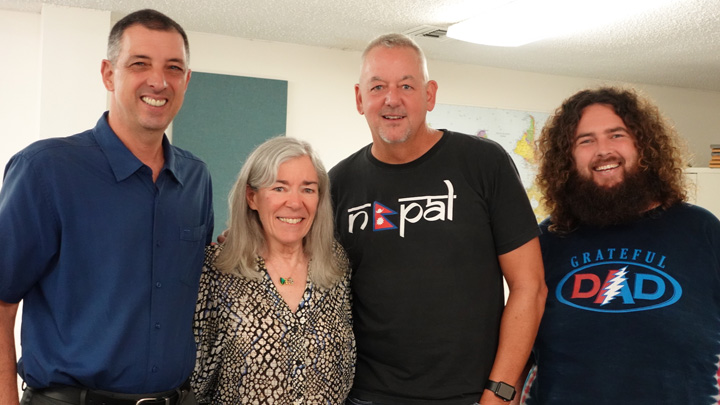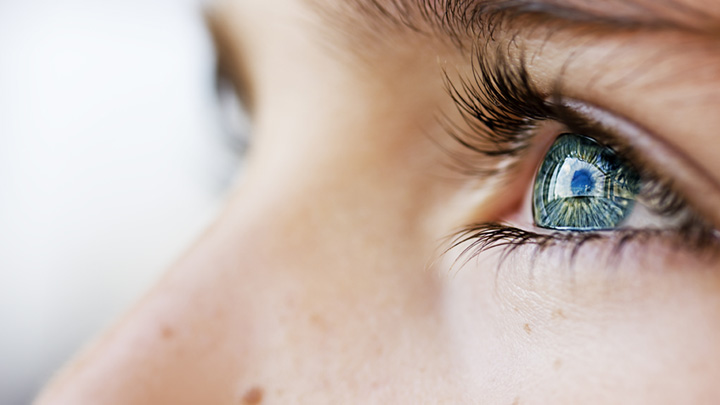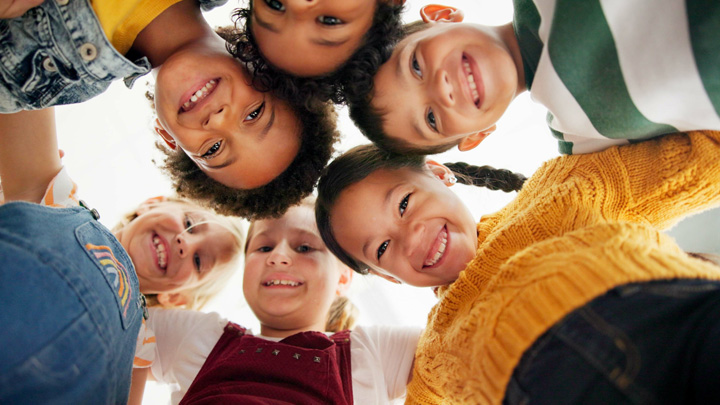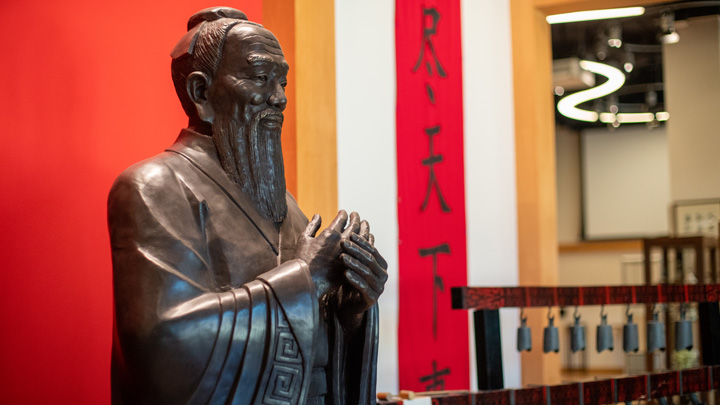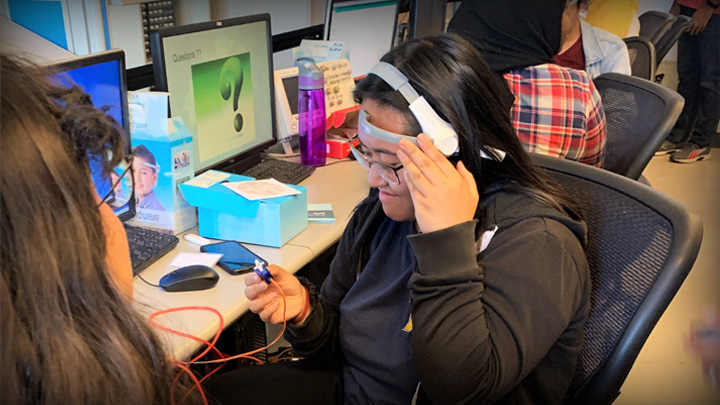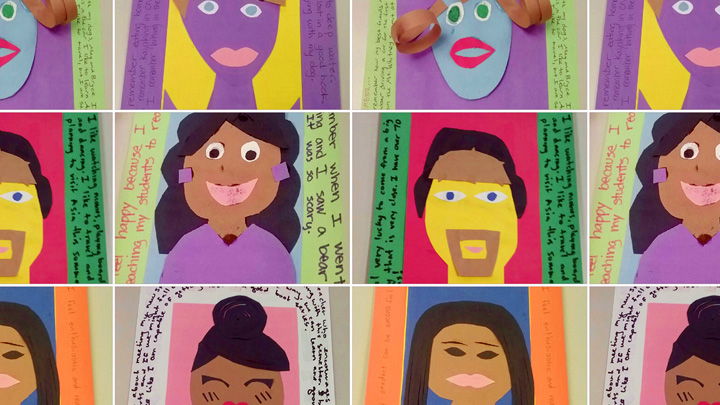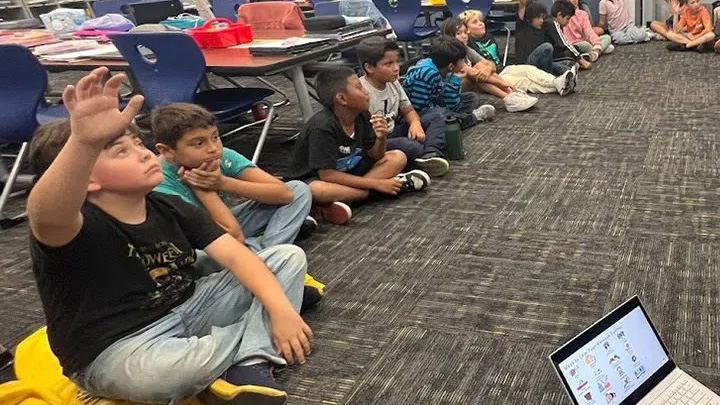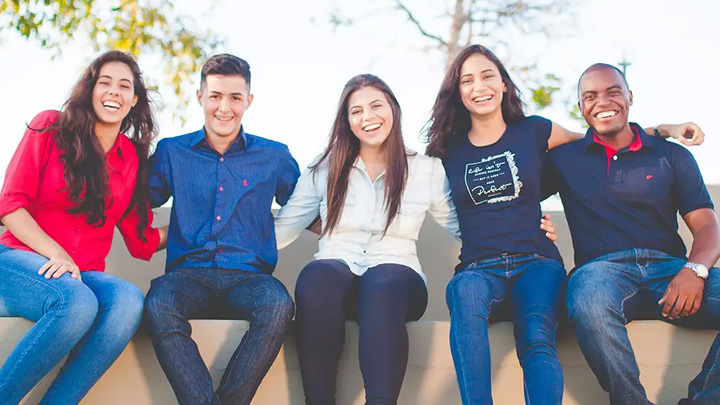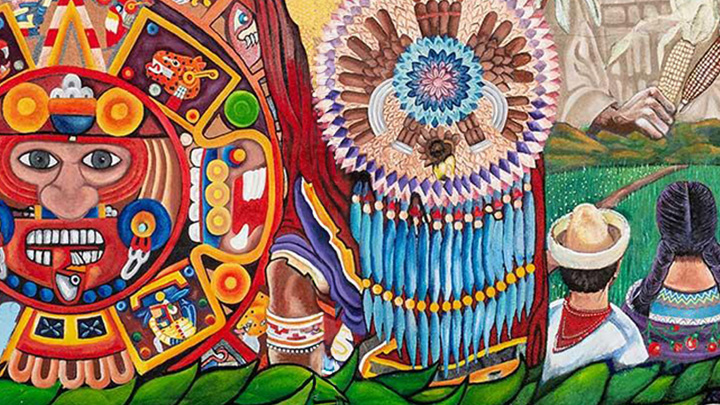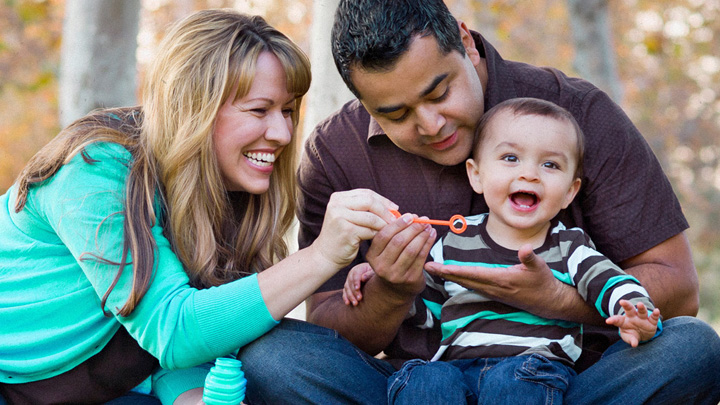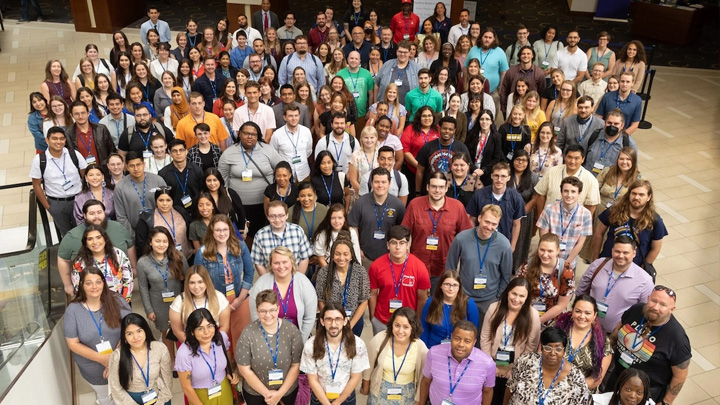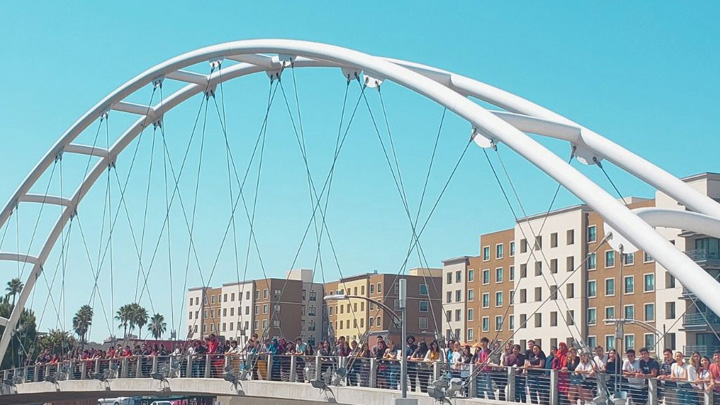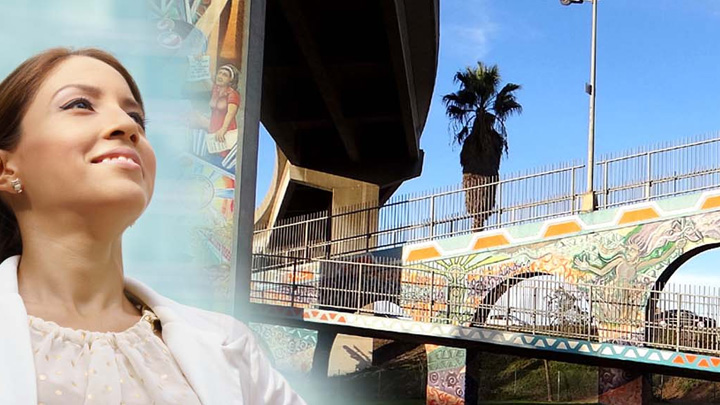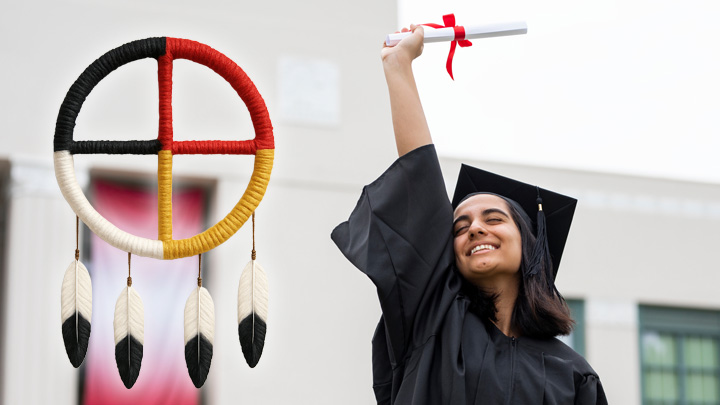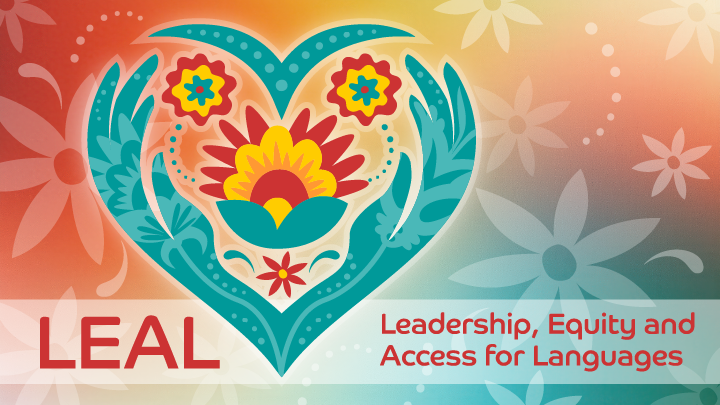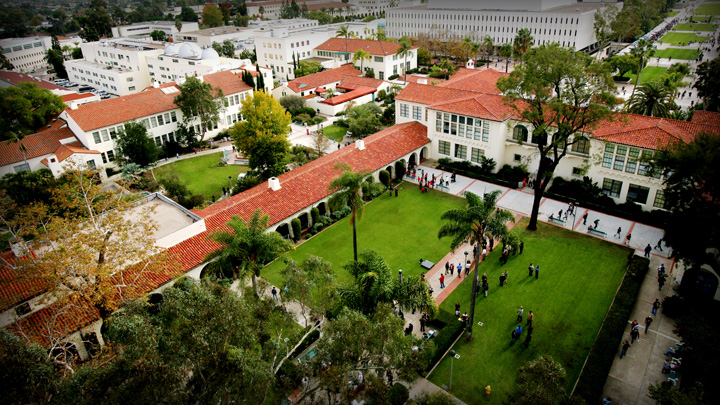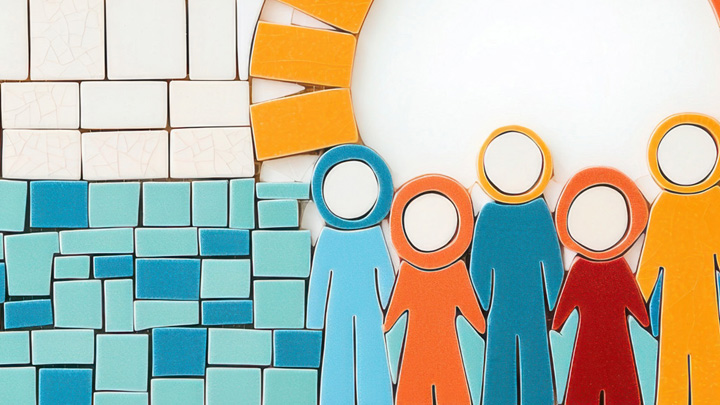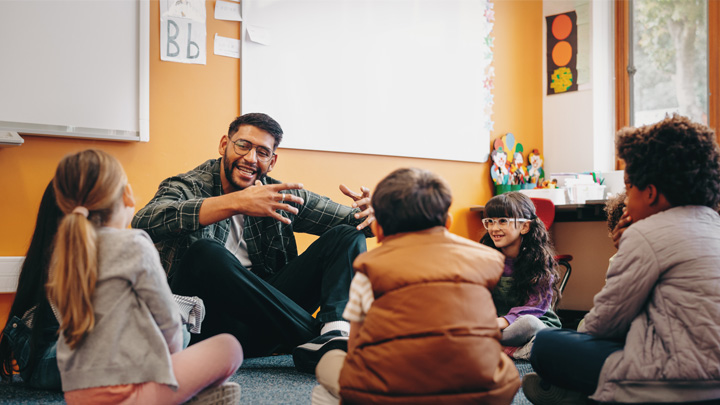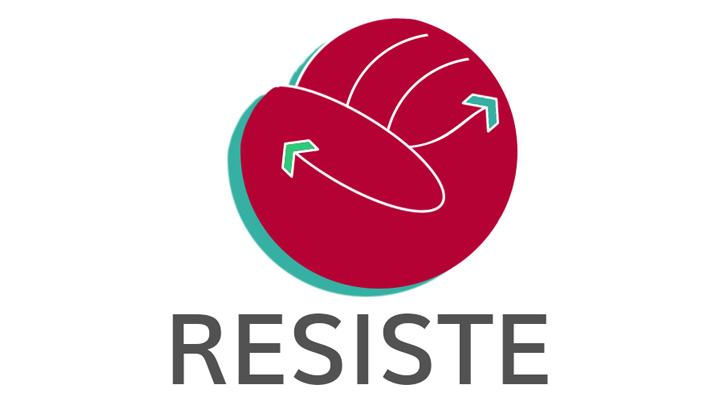Centers, Institutes and Projects
Funded by grants and contracts
Center for Achieving Black Wellness and Anti-Racist Education (CABWARE)
Oct 14CABWARE is home to academic scholarship, service, and professional development that addresses and disrupts anti-Blackness and racism among educators and wellness providers.
Center for Community Counseling & Engagement (CCCE)
Oct 14CCCE is a non-profit community center providing low-cost counseling services to individuals, couples, and families in San Diego. The Center is also a counselor training facility operated by SDSU.
Center for Equity and Biliteracy Education Research (CEBER)
Oct 14CEBER is a research, program evaluation, professional development and technical assistance center that calls attention to the role of policy in promoting equity in education.
Center for Equity and Postsecondary Attainment (CEPA)
Oct 14CEPA works to transform educational systems so every student—regardless of background—has access to equitable, high-quality pathways to college, career, and lifelong success.
Center for Excellence in Early Development (CEED)
Oct 14Supports early childhood mental health, development, and education.
Center for Research in Math & Science Education (CRMSE)
Oct 14CRMSE is dedicated to advancing mathematics and science education at local, state, and national levels. The Center is an interdisciplinary community of scholars at SDSU engaged in research, curriculum development and dissemination, publications, presentations, and leadership roles in the community.
Center for Teaching Critical Thinking & Creativity (CTCTC)
Oct 14The CTCTC advances performance and productivity in diverse communities by enhancing critical and creative thinking in schools. The Center’s rationale for enhancing creativity centers on society’s need for creative solutions, as well as the individual’s personal growth and satisfaction.
Center for Visual Literacies
Oct 14The Center for Visual Literacies at SDSU focuses on 2 related goals: improving student learning through visually integrated teaching practices and exploring the potential of visuals as data and for data analysis in qualitative inquiry.
Child and Adolescent Services Research Center (CASRC)
Oct 14The Child and Adolescent Services Research Center (CASRC) is a consortium of multiple academic institutions in Southern California conducting cutting-edge research focused on improving health and developmental services for children and families.
Chinese Cultural Center (CCC)
Oct 14The Chinese Cultural Center is sponsored by the College of Education and supports cultural, historical, linguistic, artistic and political knowledge and awareness of China and the broader Asia Pacific Region.
Institute for Transformative Education (ITE)
Oct 14Supports underserved students from elementary through college with access to educational resources and programs.
Interwork Institute
Oct 14Advances inclusion and accessibility for individuals with disabilities in all aspects of education, work, family and community life.
Literacy Center
Oct 14The SDSU Literacy Center facilitates literacy experiences that empower K-12 students and educators. We strive to empower individuals’ abilities to read and write to their full potential. The Center also functions as a clinical training site for students enrolled in our Master of Arts in Reading Education programs.
National Center for Urban School Transformation (NCUST)
Oct 14NCUST leads sustained, research-based efforts to tackle the real problems facing urban districts—providing context-sensitive support and maintaining an unwavering focus on achieving measurable improvements in students’ academic lives.
Black Educator Pipeline (BEP)
Oct 10The Black Educator Pipeline boosts Black representation in K-12 education, offering resources to inspire and support future educators.
BRIDGE Collaborative
Oct 10The BRIDGE Collaborative supports families of toddlers with communication disorders through the evidence-based Project ImPACT program.
Community College Equity Assessment Lab (CCEAL)
Oct 10CCEAL helps community colleges identify and address equity challenges, advancing effective, equity-centered practices and solutions nationwide.
Developing Effective Bilingual Educators with Resources (DEBER)
Oct 10DEBER supports Hispanic students transferring to 4-year institutions to earn bilingual teaching credentials and thrive in high-need schools.
Healthy Early Years (HEY)
Oct 10The Healthy Early Years (HEY) clinic is a nonprofit training facility that offers low-cost family, couples, and child therapy.
Mathematics/Science Teacher Initiative (MSTI)
Oct 10MSTI is a collaboration between the College of Education and the College of Sciences to significantly increase single subject credential recommendations in mathematics and science.
Noyce Projects
Oct 10The Robert Noyce Teacher Scholarships and Stipends project provides paid summer teaching experiences for SDSU science majors, allowing them to explore and prepare for careers as science educators.
Pathways Service Learning Office (Tutoring)
Oct 10Pathways places SDSU students as STEM tutors in local low-income schools, offering pay, credits, and hands-on experience serving underserved communities.
Project ACCESS
Oct 10Project ACCESS provides future teachers with financial support, advising, and professional development through affordable, flexible credential pathways.
Project HARMONY: Honoring & Affirming the Roots and Minds of Native American Youth
Oct 10Project HARMONY is designed to help reduce the profound gap in the number of school counselors and school psychologists appropriately trained to respond to the needs of Native American and Indigenous youth served in special education.
Project LEAL
Oct 10Project LEAL enhances instruction for English language learners by providing in-service teacher support and training.
Project PARTNERS
Oct 10Project PARTNERS supports special education doctoral students, building a nationwide network of leaders improving education for students with disabilities.
Project PIPELINES
Oct 10Provides training and support to early childhood educators working with young children with disabilities.
Project OCEANSIDE
Oct 10Project OCEANSIDE prepares multilingual, diverse educators with dual credentials in general and special education to better serve California’s diverse learners.
Project SPLASH!
Oct 10Project SPLASH! recruits and trains local candidates as special education teachers, advancing equity and meeting high-need district staffing demands.
RESISTE
Oct 10RESISTE advances equity-focused research on P–20 education pathways, producing studies and reports that inform policy and support diverse student success.


